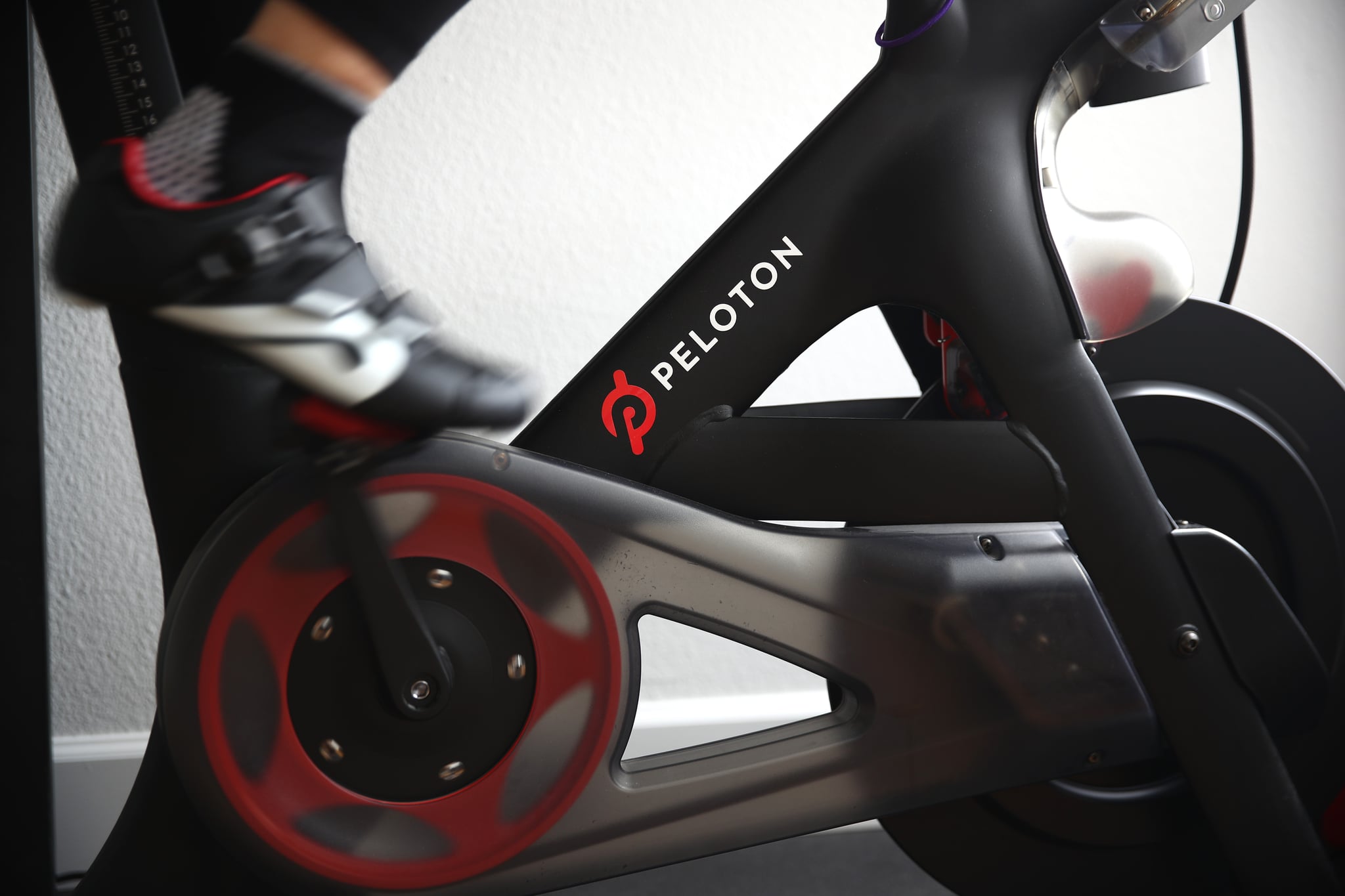
When shelter-in-place orders first took effect amid the COVID-19 pandemic, I had no problem shielding myself from the world. I found new ways to keep myself occupied, and my mental health was better than ever before. But as the months went by, things began to change, and I found myself struggling to stay afloat. It was really hard to manage my bipolar 2 disorder amid so much uncertainty. Without a routine, I was draining my bank account, forgetting to cook meals, and drinking my problems away.
It wasn’t until I found a new love in cycling that I was able to get my head above water again. It may sound cliché, but buying a Peloton bike was well worth the investment. In a way, it changed my life.
When I first started cycling, committing to a class was one of my greatest challenges. If I’m being honest, I jumped right into some 45-minute classes, which kicked my butt and tired me out. I didn’t feel motivated to continue — but after some time, I decided to take 10 to 20 minutes out of my day to get back on the bike. I was working with a trainer who told me to give it 10 minutes, and if I couldn’t go any further, then at least I committed 10 minutes to working out. It was better than nothing, especially at a time when so many of us were struggling to even get out of bed.
Something magical happened during that time. Once I began selecting classes that were 15, 20, or 30 minutes long, I found myself staying on the bike longer. I no longer wanted to give up, and instead felt compelled to keep cycling until the class was over. I was challenging myself again — something I hadn’t been been able to bring myself to do while sitting at home.
Challenging yourself is a good thing. If you suffer from depression, bipolar disorder, or anxiety, you know how hard it can be to stay focused. When I finally focused on my classes, I started to see an improvement in other areas of my life. When I began beating my baseline outputs and crushing my personal records (PRs) on the Peloton, my whole attitude shifted. I felt . . . free.
I’ve created a routine for myself, which is important when adjusting to a new reality where I’m venturing out in public less.
While it isn’t a cure-all, exercise is widely considered to be helpful in managing conditions like bipolar disorder, in part because it triggers a release of endorphins, which improve your mood and overall sense of wellbeing. For me, it’s been a huge help. Riding my Peloton makes me feel empowered — that is, once I get 10 minutes in and past my pre-ride jitters — and it has even helped me feel a little less anxious about COVID-19. I’ve created a routine for myself, which is important when adjusting to a new reality where I’m venturing out in public less. I’m currently working from home, so having the opportunity to hop on the bike to break up my day has been really rewarding. I never realized how necessary it was to clear my head during the workday until now.
I started working out on the Peloton when I was in a really uncertain place with COVID-19, and I’m so glad I did. My mood is better, my thoughts are clearer, I’m sleeping better at night, and I’m putting my faith into trusting a new process. Mentally, I’m in a much better place.
